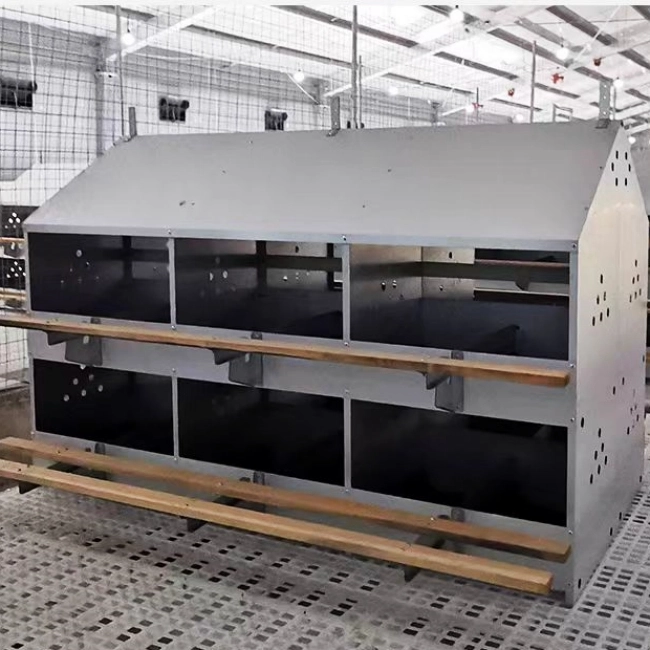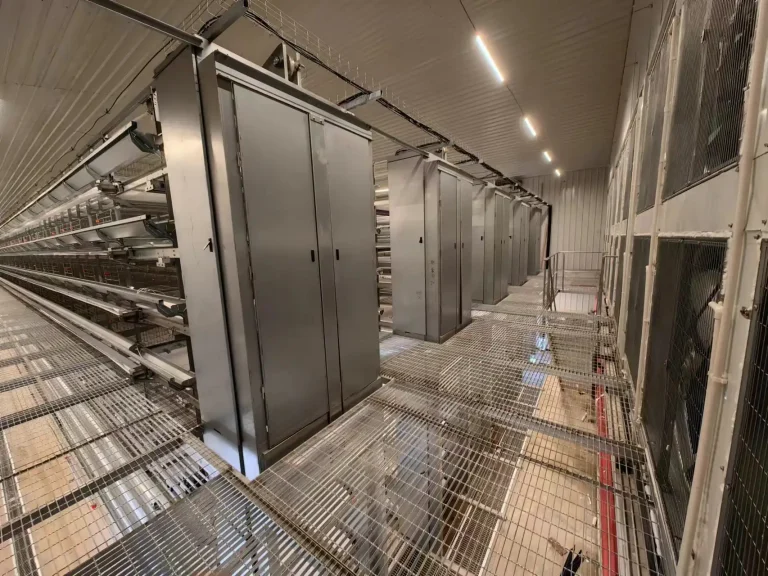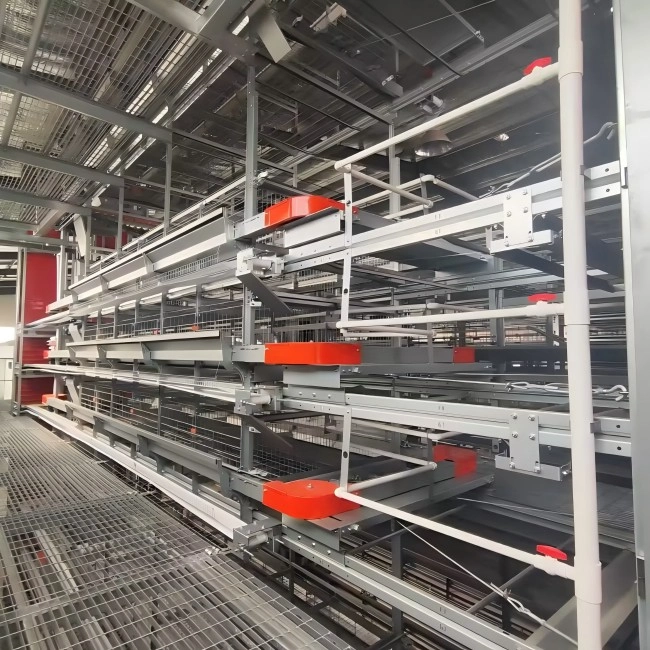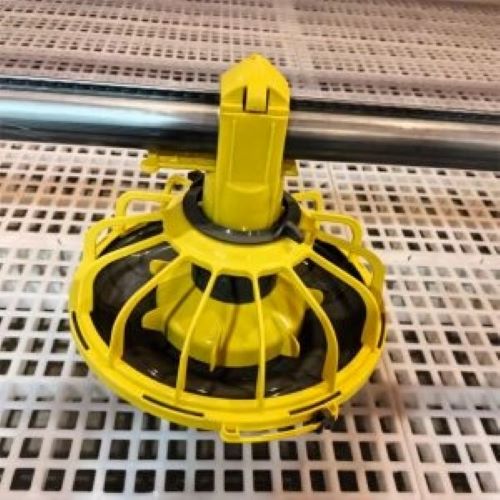Understanding Incubation Basics
The Role of Temperature in Egg Incubation
Controlling warmth proves vital during chicken egg incubation. This factor directly affects embryo formation and progress in this delicate growth stage. Keeping temperatures stable remains key for productive hatching outcomes. Experts generally aim for 99°F (37°C) as the ideal setting. Major variations from this range risk causing growth problems. Extreme temperature shifts might completely stop some eggs from hatching.
Optimal Temperature Range for Chicken Eggs
Steady thermal regulation ensures embryo well-being. It also determines hatching success rates. Maintaining about 99°F (37°C) encourages robust development. This temperature supports proper biological processes.
Effects of Temperature Fluctuations
Changes in temperature during the embryos development can negatively impact their growth if the incubator becomes too cold or too hot. Therefore it is crucial to utilize an incubator, with temperature regulation to prevent such complications.
Importance of Humidity Control
Humidity control works with temperature regulation. It governs moisture loss through eggshells. Proper vapor levels ensure correct air space formation. This affects chick positioning and membrane development.
Ideal Humidity Levels During Incubation
Initial stages require 50-55% humidity. This range suits days 1-18 of incubation. Final days need increased moisture. Boost levels to 65-70% during lockdown phase. Higher humidity softens egg membranes for easier hatching.
Managing Humidity Variations
To maintain humidity levels in an incubator for successful embryo development and hatching outcomes it is crucialto regularly check and adjust the humidity levels as required.Sudden changes in humidity may result in moisture loss from the eggshells repercussively affecting the growth of the embryos.Utilizing an incubator equipped with humidity control mechanisms can assist in upholding an reliable environment, within the incubation area.
Types of Incubators for Chicken Eggs
Still Air vs. Forced Air Incubators
When deciding on which incubator to utilize for your requirements it is crucial to understand the distinctions, between air and forced air models as each variation has its advantages and disadvantages.
Advantages and Disadvantages of Still Air Models
Passive air incubators typically have a design and are generally more affordable compared to models with forced air systems.However the downside is that they might not ensure temperature distribution, inside the incubator resulting in uneven hatching outcomes.
Benefits and Drawbacks of Forced Air Designs
Forced air hatchers use fans to circulate air inside the incubator chamber to ensure consistent temperatures for all eggs, inside the units enclosure.This particular setup is known to result in rates of successful hatching but may come at a higher cost compared to still air models.
Manual vs. Automatic Turners
The process of incubating eggs in a rotation is essential to prevent embryos from adhering to the shell membranes and ensure the distribution of heat.
Pros and Cons of Manual Egg Turning
Rotating eggs manually requires the person in charge to turn each egg by hand multiple times a day. This method might be suitable for businesses or hobbyists but can be physically taxing and prone, to human error.
Advantages of Automatic Turners
Automated egg rotators offer convenience by handling the egg-turning process to lessen the need for manual labor and reduce errors that may arise during manual turning duties. They are particularly beneficial, for farms or businesses seeking to enhance productivity.
Key Features to Consider in an Incubator
Temperature Regulation Mechanisms
Supporting egg development requires thermal regulation features. These systems must set and maintain an ideal environment throughout incubation. Choose units with precision thermostats or digital regulators. These tools enable live tracking and fine-tuning of heat levels.
Humidity Management Systems
Balancing vapor concentration is equally critical. Use devices with integrated water tanks or self-regulating misters. Such systems sustain required dampness autonomously. This reduces manual checks while ensuring stable conditions.
Size and Capacity Considerations
Select incubation equipment based on operational scale. Consider small home-based poultry projects versus commercial-scale hatcheries. Ensure the chosen unit holds the required egg quantity. Verify adequate spacing for sufficient oxygen exchange. Proper ventilation prevents developmental complications.
Additional Features Enhancing Incubation Success
Alarms and Monitoring Systems
Having alarms and monitoring systems in an incubator is crucial to ensuring conditions for successful incubation processes. These systems provide alerts and notifications to allow swift responses to temperature or humidity variations from the ideal levels. Taking an approach, in this manner helps prevent potential issues that could hinder embryo development and affect the overall outcome of hatching.
Ventilation Options
It’s vital to consider the ventilation options when selecting an incubator as it ensures a supply of fresh air to maintain the proper oxygen and carbon dioxide levels, within the incubation area. Efficient ventilation systems help regulate temperature and humidity levels to reduce moisture accumulation risks.
Introducing Zeus Products for Optimal Egg Incubation
Zeus offers a range of state of the art products geared towards enhancing the efficiency of egg incubation processes. Zeus Broiler Cage System is an example of this strategy as it provides an environmentally friendly farming solution that is both productive and sustainable. This groundbreaking system aims to bring long term advantages to your poultry farming endeavors while helping you stay competitive in the evolving landscape.
Zeus products are recognized for tailored methods in the poultry sector through their customization and specifications of Zeus incubator for chicken eggs. We offer a Broiler Cage structure that can be customized to meet the requirements of different poultry farming enterprises irrespective of their scale. Their solutions are designed to improve the farming setting and enhance productivity efficiently.
Zeυѕ provides a range of cage options with H type and A type configurations to choose from based on your preferences and requirements.You can customize these cages to suit farm sizes and management approaches to integrate smoothly with existing practices, like feeding chickens.
Leveraging the features provided by Zeus can significantly improve the outcome of egg incubation by ensuring conditions, for embryo developsment at each phase of the procedure.
FAQ
Q: How long do chickens take in an incubator?
A: Typically chicken eggs take about 20 to 21 days to hatch. For some poultry species such as ducks or geese it may take, up to 30 days in certain cases. When a broody hen has been incubating for a while and seems ready to nurture the chicks you can introduce the hatched chicks to her; if she welcomes them you can then remove the eggs. Substitute them with more chicks.
Q: What is the purpose of a chicken incubator?
A: The egg enables the embryo to grow without needing the mother’s direct warmth supply. Data suggests that chicken eggs usually hatch in, around 21 days. This timeline can differ for various bird species.





